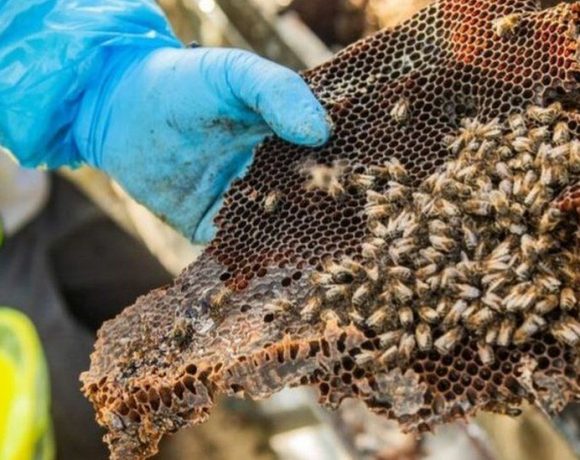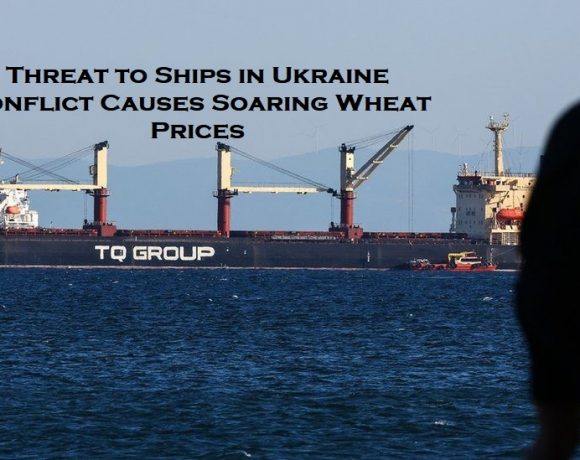
Researchers have found that beeswax could be crucial for preserving food in war zones like Ukraine. Due to Russian attacks on energy infrastructure, many areas in Ukraine face blackouts, leading to a lack of refrigeration during the summer. To address this, UK scientists are helping Ukrainian beekeepers develop beeswax wraps for perishable foods.
Ukraine, the largest honey producer in Europe, has been working with researchers from Cardiff University. The team, led by Professor Les Baille, has been analyzing beehives to identify the best beeswax for food preservation. They have created various beeswax wrap “recipes,” combining beeswax with other antimicrobial plants like sage to enhance preservation.
These beeswax wraps, traditionally used to extend the life of sandwiches, can now be used for various other foods. The research involves rubbing beeswax into cloth or paper to create the wraps, which can extend the freshness of food by a couple of days in the absence of refrigeration.
The Cardiff team has been collaborating with academics and beekeepers in Ukraine, testing beehives to find the most effective beeswax. In Kharkiv, which has experienced heavy fighting, researchers at Kharkiv Polytechnic Institute are disseminating this information through social media to help Ukrainians try these wraps during the summer.
Dr. Yuliia Yudina from the National University Pharmacy at Kharkiv Polytechnic Institute noted that power cuts have led to significant food waste. The beeswax wraps can help keep bread, fruits, and vegetables fresher. The initiative has even garnered interest from the Ukrainian military, highlighting its potential impact in conflict zones.
Professor Baille emphasized that their goal is to make a small but meaningful difference from their safe homes. This project hopes to harness the natural antibiotic properties of honey, a practice dating back to Ancient Greece, to aid those in need in war-torn regions.
Picture Courtesy: Google/images are subject to copyright

